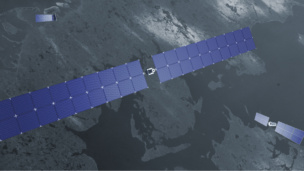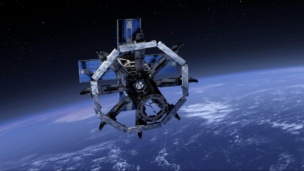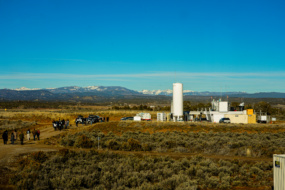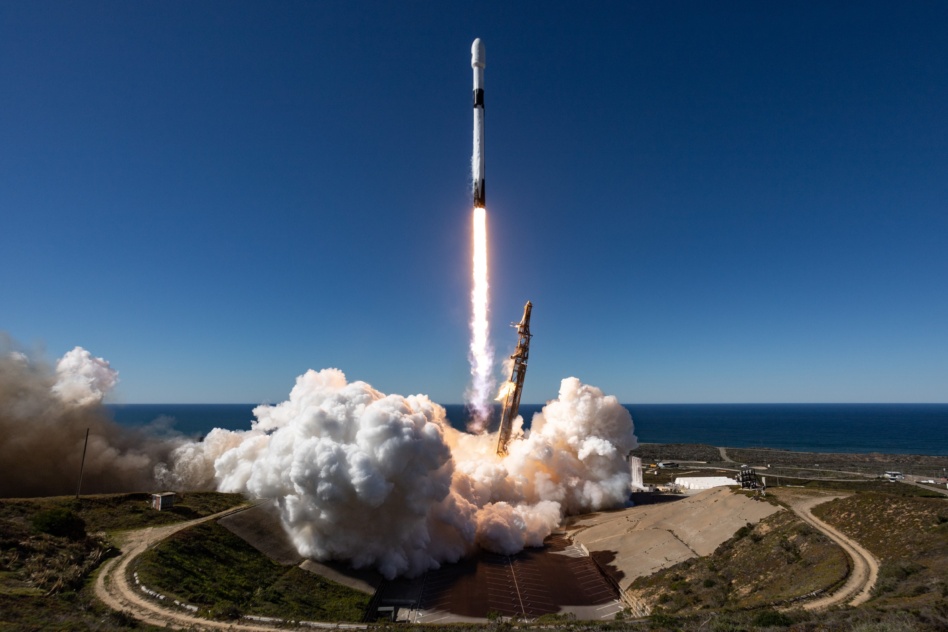AstroForge, an asteroid-mining startup and Y Combinator alum, has raised a $13M seed round led by Initialized Capital, with participation from Seven Seven Six, EarthRise, Aera VC, Liquid 2, and Soma.
AstroForge 101: Cofounders Matt Gialich and Jose Acain hail from Virgin Orbit and SpaceX, where they embraced a high-risk, fail-fast Silicon Valley mindset. The company was founded in January this year and is planning its first technology mission for January 2023. “We have already booked that flight,” Gialich told Payload.
AstroForge aims to be the first commercial company operating in deep space by building a low-cost, high-efficiency asteroid mining and refining spacecraft.
- The goal will be to mine and refine platinum group metals, which are used in electronics and in medical applications, but are scarce on Earth and are mined in unsustainable, highly polluting ways.
- “What we really want to do at AstroForge is take that mining from on Earth to offworld, where we’d have plenty of platinum, so that we won’t destroy our ecosystem,” said Gialich.
- These refined platinum materials can then be brought back down to Earth and sold to customers for what Gialich believes will be competitive prices.
To get to space—and to market—fast, “we trade, essentially, speed for risk,” Gialich said. The team has been heads-down on building the company and designing the spacecraft for the first demo mission next year.
The first demo, which will extract platinum from a synthesized asteroid, is designed with this high-risk mindset. “We’re not going to have multiple redundancies, we’re not going to think of this in the way of, ‘this mission cannot fail,’” said Gialich. “We have to go into this in the way of, ‘if this is successful, it will be highly profitable.’”
Ripe timing: A few years ago, a few high-profile startups that raised a large chunk of capital for asteroid mining failed to close the business case. It seemed to industry leaders and investors at the time that asteroid mining was too far out on the risk curve and not profitable enough to be viable.
Now, though, the commercial space landscape has changed, and the time may be ripe for asteroid mining to make its comeback.Gialich said two major changes have set the stage for AstroForge’s future success:
- The iron law of launch: As launch costs drop and access to space gets cheaper, it somewhat derisks more ambitious undertakings. “We don’t require a billion dollars of capital to get off the ground,” said Gialich, which may have been the case for some would-be asteroid miners of the past.
- Buying off the shelf: Now, instead of building every component from scratch, “we can go leverage that infrastructure and purchase it instead of developing it in-house,” said Gialich.
Spending plans: Now that it’s secured seed funding, AstroForge is putting its resources into hiring. The team currently consists of four full-time employees and three full-time contractors. By the end of summer, they want to bring that number up to 13. The startup is currently looking for physicists and engineers to round out its team.





